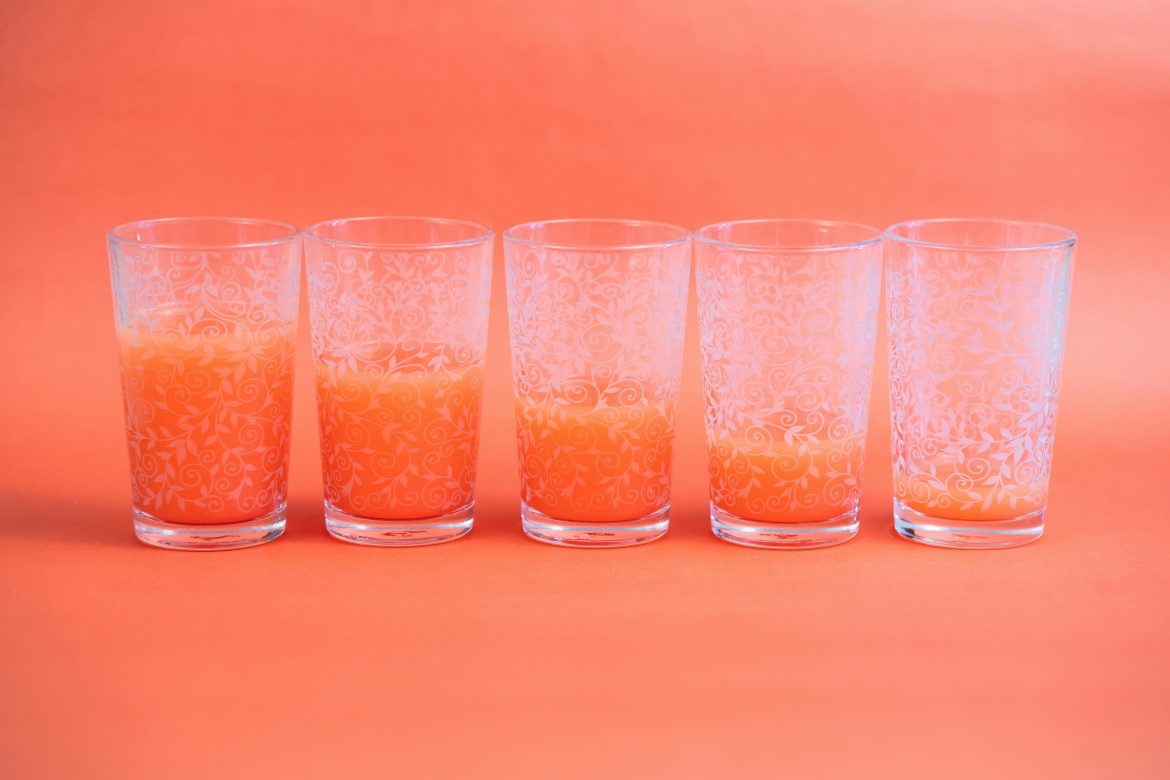When it comes to hydration, water usually takes centre stage. But while sipping more water is essential, it’s only part of the story. For your body and brain to function properly, you also need electrolytes – the salts and minerals that quietly keep everything in balance.
And here’s the surprising part: you don’t have to be visibly dehydrated for electrolytes to matter. They support daily energy, concentration, and even cardiovascular health – making them just as important for everyday wellbeing as they are after a workout.
ALSO SEE: 7 everyday foods that support liver health (and what to cut out)
What are electrolytes?
Electrolytes are minerals such as sodium, potassium, magnesium, calcium, and chloride that carry tiny electrical charges. These charges regulate fluid balance in your body, power muscle contractions, and keep nerve signals firing smoothly. They’re present in your blood, cells, and even urine – which means keeping them topped up is key for almost every function in the body.
Why electrolytes matter beyond dehydration
It’s easy to think of electrolytes only in the context of hot weather, sweaty workouts, or stomach bugs. But they do much more:
-
Support muscle function – Without sodium, potassium, and calcium, your muscles wouldn’t contract or relax properly. Balanced levels help reduce cramps, improve endurance, and speed up recovery.
-
Boost energy – Electrolytes help your body move water and nutrients into cells, directly fuelling energy production. Low levels can leave you feeling tired even if you’ve had enough sleep.
-
Sharpen concentration – Dehydration can cause ‘brain fog’, but electrolytes also play a direct role in supporting mental focus and stable mood.
-
Maintain blood pressure – Sodium and potassium regulate how much fluid stays in your bloodstream and how wide your blood vessels are – keeping your cardiovascular system in balance.
-
Stabilise pH levels – Electrolytes like bicarbonate act as buffers to keep your blood’s pH steady. Even small changes can affect how cells function, so balance here is crucial.
Signs you might be low on electrolytes
You don’t always notice immediately, but subtle signs can include:
-
Tiredness and low energy
-
Headaches or lightheadedness
-
Muscle cramps
-
Brain fog or difficulty concentrating
-
Feeling weak or unsteady
While these symptoms can overlap with simple dehydration, they also point to low electrolyte balance – which water alone won’t fix.
Everyday situations that deplete electrolytes
Electrolyte loss isn’t only linked to exercise. You may need a boost if you:
-
Spend long hours in hot weather
-
Travel frequently (flying can lead to water loss)
-
Work out for more than an hour at a time
-
Are unwell with fever or illness
-
Eat a diet low in mineral-rich foods
Natural ways to get electrolytes
Supplements can help, but you can also top up electrolytes naturally through food. Good sources include:
-
Bananas and sweet potatoes (potassium)
-
Spinach and leafy greens (magnesium, calcium)
-
Nuts, seeds, and beans (magnesium)
-
Dairy products and fortified plant milks (calcium)
-
Coconut water and broth (sodium, potassium, chloride)
-
Sea salt in moderation
Do you need supplements?
Most people get electrolytes through a balanced diet. But during times of heat, travel, or intense activity, supplements can be a simple way to restore balance quickly. The key is to choose blends with a variety of minerals – not just one – and keep added sugars or artificial sweeteners to a minimum.
Water keeps you alive, but electrolytes keep you functioning at your best. They don’t just prevent dehydration – they support energy, focus, muscle function, and heart health every single day. By paying attention to electrolyte balance, whether through food or the occasional supplement, you’ll help your body stay energised, resilient, and ready to handle whatever the day brings.
ALSO SEE:
Featured image: Pexels

